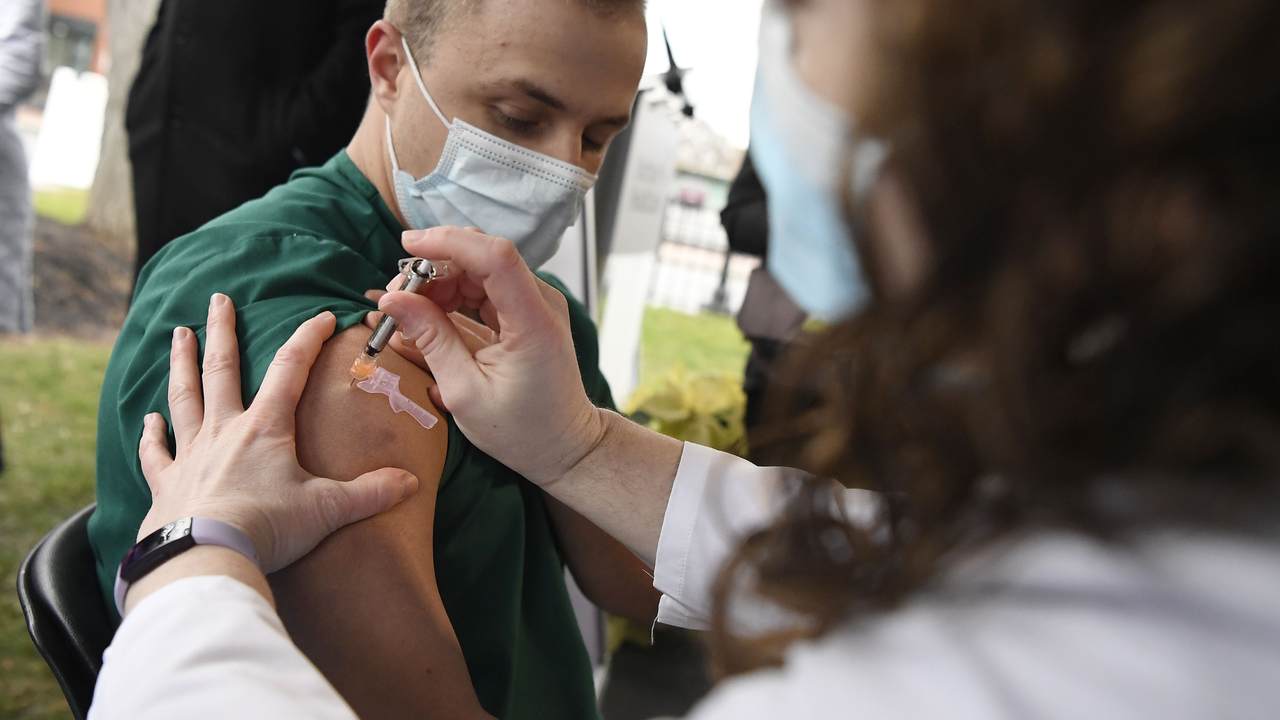
For months, Americans have sought a vaccine against the Wuhan coronavirus as a way to end the pandemic. Now that the FDA has approved the Pfizer and Moderna vaccines with an Emergency Use Authorization (EUA) and the vaccines are being distributed, how many Americans are willing to get the COVID vaccine?
A new poll by Scott Rasmussen and Just the News found that the majority of Americans – 65 percent – are waiting to get the vaccine, while some don’t want it all. On the other hand, just under a third of those surveyed – 31 percent – want to get the vaccine “as soon as possible.” However, four percent said they were still undecided.
Interestingly, a poll by ABC News and Ipsos earlier this month found that 39 percent of Americans believe states should mandate the Wuhan coronavirus. Respondents in that poll also said that at some point they are open to receiving the vaccine, but are more likely to wait. According to the ABC poll, 40 percent will receive the vaccine as soon as they are able to. That number has risen to 57 percent among those over the age of 65. On the other hand, 40 percent say they will wait a while with the vaccine. That number rose to 52 percent among minorities.
Americans’ reluctance to get the Wuhan coronavirus vaccine could be a problem for the nation. Scientists say that at least 60 percent of the population – although 75 to 80 percent would be ideal – needs the vaccine for the vaccine to be effective.
The bottom line is simple: Americans have a reluctance to get the vaccine because they are concerned about the time it will take to develop and what potential side effects – both short and long term – could occur. It doesn’t help if a nurse passes out shortly after receiving the vaccine (although medical officials said it was unrelated) or if there is a possibility for brief facial paralysis. At the end of the day, each person has to decide what’s best for him, his health, and his family.